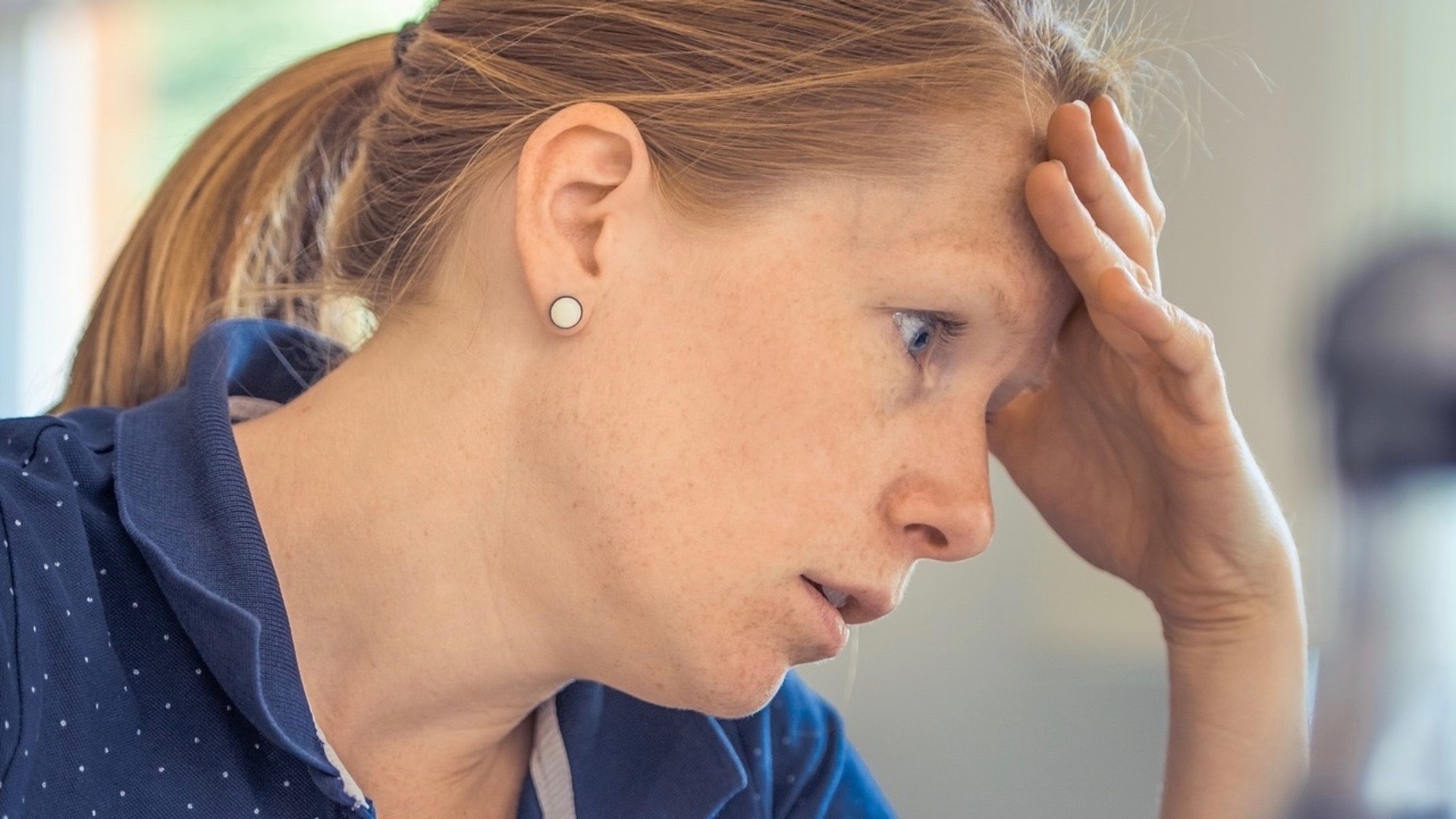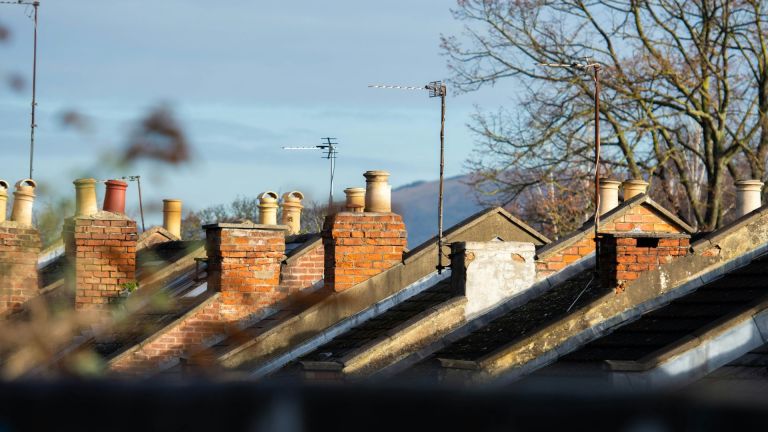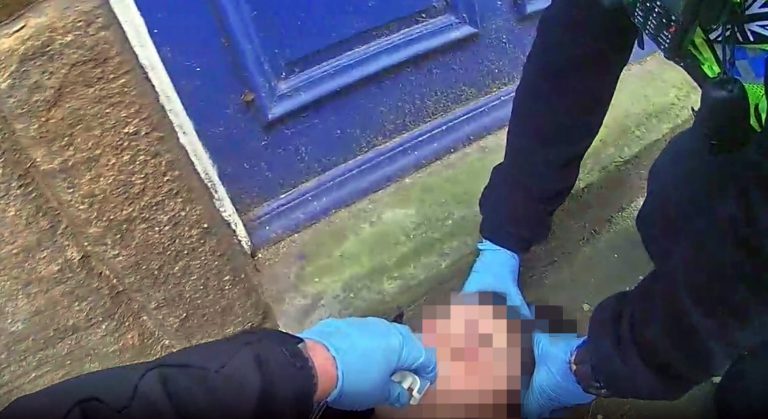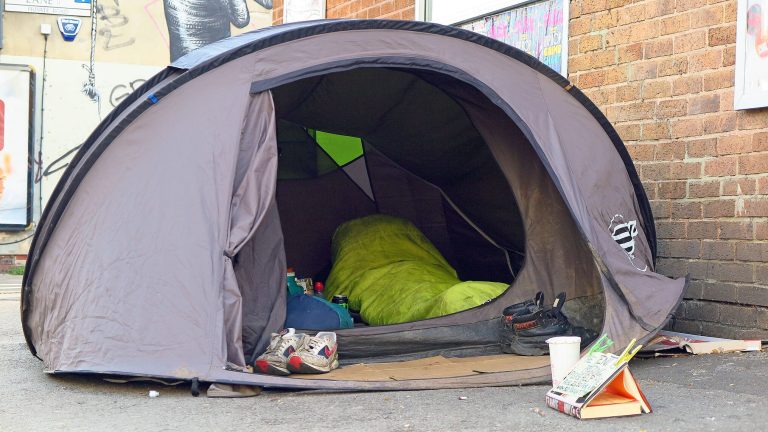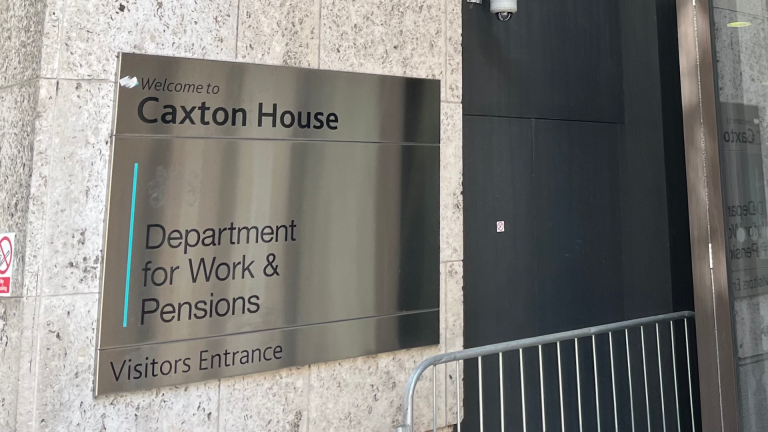Britain’s poorest 30 per cent of households were worse off last year despite record employment levels, according to a new report.
Research from the Resolution Foundation (RF) also indicates that child poverty has been rising twice as fast since 2010 as official government figures suggest
The think tank’s annual Living Standards Audit, published today (July 24), describes a “generalised stagnation” in household income in 2017-18, with strong employment and an increased minimum wage offset by higher inflation and low overall wage growth.
The lowest 30 per cent of households found their incomes going backwards by between £50 and £150.
The past year was not great for living standards is the headline from today's @resfoundation living standards audit. Everyone did badly, but incomes are projected to have fallen for the lowest income 1/3 of households as benefit cuts bite https://t.co/h6WBRt1Aw0 pic.twitter.com/eKO7967QxS
— Torsten Bell (@TorstenBell) July 24, 2018
In 2003, households on the lower half of incomes typically earned £14,900. In 2016/17 that figure had fallen to £14,800, according to the new research. Both figures are adjusted for inflation and housing costs.
